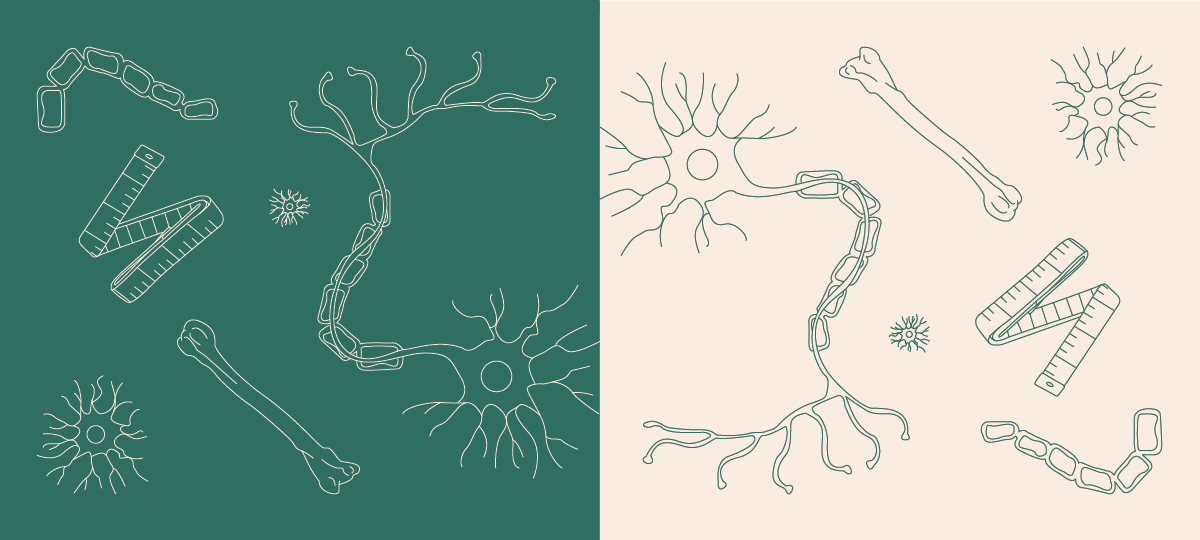Alright, we gotta talk about poo.
In all seriousness, do you ever look at your poo? I wouldn’t be surprised if some of you instantly reply ‘no’ in disgust, but a doctor shouldn’t have to be the only person to ask. What your poo looks like, and how it feels when you’re in the middle of a bowel movement, paints a huge picture of what is going on inside your body.
It’s a normal bodily function, and if it’s not functioning normally, you need to investigate on why that’s happening.
Aside from diagnosed gastrointestinal conditions like Crohn’s disease and IBS, that’s a different playing field. You need to work alongside your family doctor to find out the best course of treatment, and a diet that won’t cause harm to an already sensitive area of your body.
But for the other people with no issues or are currently undiagnosed, it’s up to you to pay attention.
Questions to ask yourself when it comes to your bowel movements are;
- How many times a day am I pooing?
- How long does it take to complete a movement?
- How much effort is it taking to push?
- How does it feel when pooing in combination with what it looks like? (sharp, pebbles, runny, compact, fatty, black, green, bloody)
- How much water am I drinking?
A wise tip I can give when it comes to a bowel movement is what did you eat immediately before? Your body wants to expel poo FAST if you ate something that irritated it, if it’s harmful, and over all doesn’t sit well for your body in particular (like me and Krispy Kreme, I broke up with them for that reason).
Most people enjoy their morning coffee not only to help wake up, but they use it as a crutch to almost guarantee a bowel movement. But what happens if you don’t drink a coffee? Can you still poo? If you can’t, then there’s something not functioning properly.
In addition to your poo, let’s look at other signs that could tell you somethings off. We just have to look at the rest of the digestive system.
- Pain or discomfort in your abdomen
- Gas and abdominal bloating
- Nausea
- Diarrhea
- Constipation
- Vomiting
Those are very common signs and symptoms for other conditions of course, but if you’re getting that alongside bad poos, just put two-and-two together and there’s your answer.
Other factors that can affect a normal bowel movement aside from diet, can be medications, and even surgery (I didn’t poo for 3 days after my surgery, it was horrible).
Looking into your other health conditions, try to look into the ideal diet for them and consider that for a healthy poo. Personally, with my PCOS I’ve been finding that I’ve become intolerant to gluten and dairy because of my hormone imbalance as well as I’m insulin resistant. It’s quite a change for myself as I grew up drinking a glass of cow’s milk with no problem, but the older I’ve become I just can’t do that anymore. So, I’ll be adopting a gluten and dairy-free diet to help my PCOS, but in turn will also improve the quality of my poo.
If you’re lucky to not have any health conditions but still want to take care of your intestines, change your lifestyle and diet.
Poo is just waste. Don’t waste your time having bad poos.
Click on the source below for a poo chart as a reference guide!

Subscribe to our newsletter!
The medical information on this site is provided as an information resource only, and is not to be used or substituted for any diagnostic or treatment purposes. The information we provide is for general use. Always seek the guidance of your doctor or other qualified health professional before making any medical decisions.
If you think you may have a medical emergency, call your doctor, go to the nearest hospital emergency department, or call the emergency services immediately. If you choose to rely on any information provided by The Honesty Policy, you do so solely at your own risk.
